Rise in 'smart drug' use at Bristol University
- Published
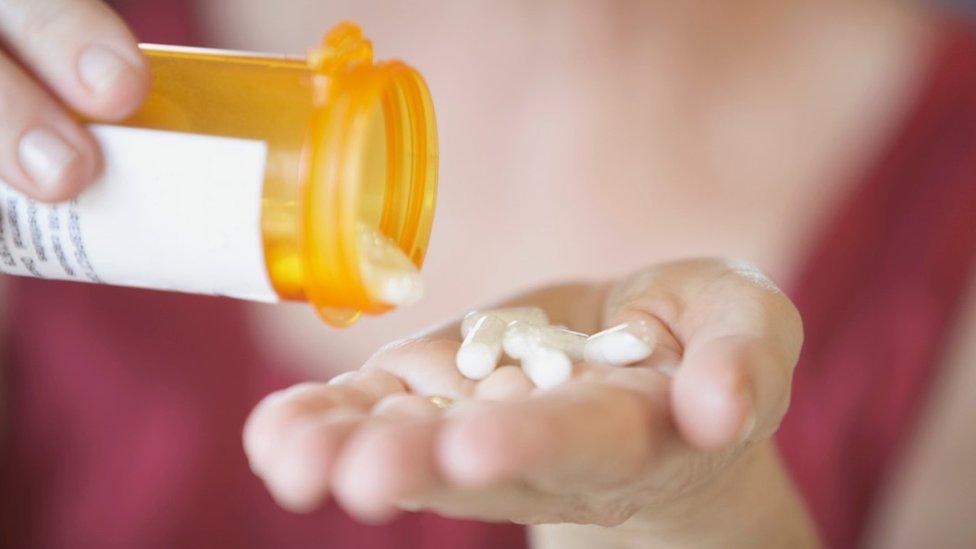
Some students use smart drugs to allow them to stay awake to study
A Bristol University doctor has warned of an increase in the use of a so-called smart drug to help city students revise.
The prescription drug modafinil, prescribed for sleep disorders, is used to stay awake to increase study time.
Students' health service director Dr Dominique Thompson said she had witnessed a rise in the number of students admitting taking it.
She said she had also seen a handful of students suffering from side effects.
Dr Thompson said modafinil - labelled the "world's first safe smart drug" - would not be prescribed to students to help them study.
She added that she had noticed an increase in the drug's use at the university in the past five years.
She and colleagues had also seen "three or four" students suffering from side effects in the past 12 months, she claimed.
Dr Thompson said the drug can make people "very jittery, anxious and on edge" and "unable to sleep for a very long time".
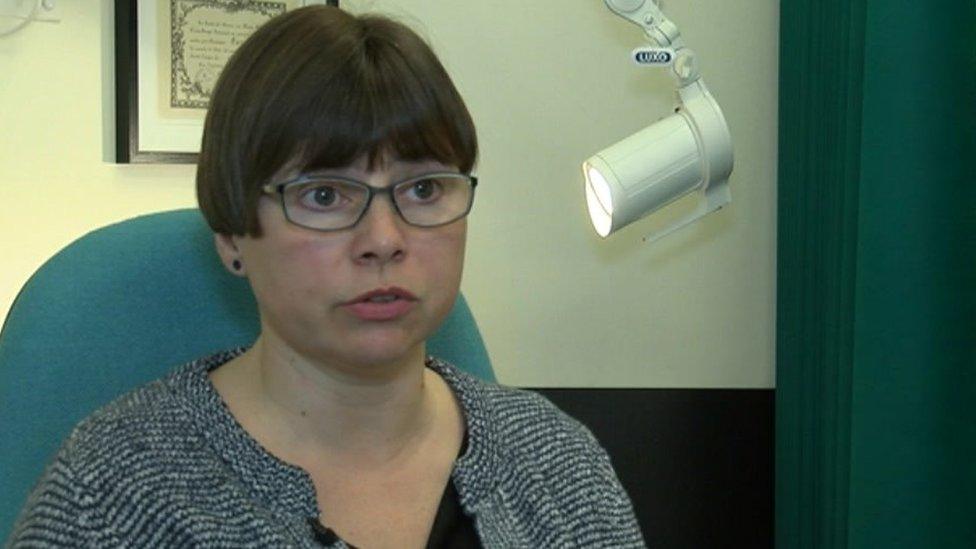
Dr Dominique Thompson has warned the long-term side effects of smart drugs are still unknown
"The brain continues to form and develop until about the age 25, so if you're 18-20 taking medications that are specifically stimulants and related to amphetamines, I think there's a high risk something might go wrong," she said.
She warned the long-term side effects of the drug's use were "still unknown", and warned against buying the drug online because "you don't know what you're buying".
One student who has admitted taking the legal drug said he used it because he wanted to "get the best grade I can".
Dr Thompson said "an estimated 20% to 40%" of university students nationally had used smart drugs.
A spokesman said the university took the issue of "illegal drugs of any sort very seriously" including the so-called study/smart drugs without a medical prescription.
"The number of users of these drugs who seek help from our student services remains a very small percentage of the student population, with just a handful of cases among our 22,000 students," he said.
- Published5 January 2016
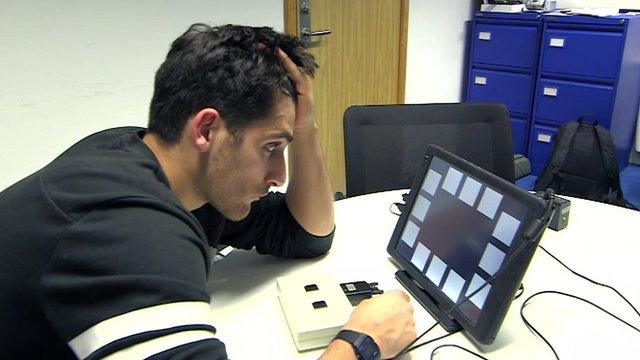
- Published5 January 2016

- Published8 May 2014
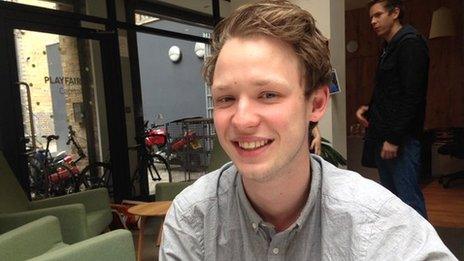
- Published4 January 2013
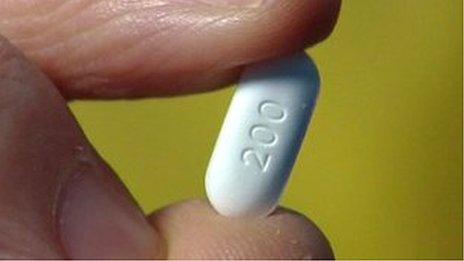
- Published9 November 2011
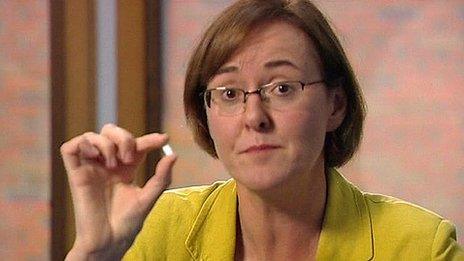
- Published3 April 2011